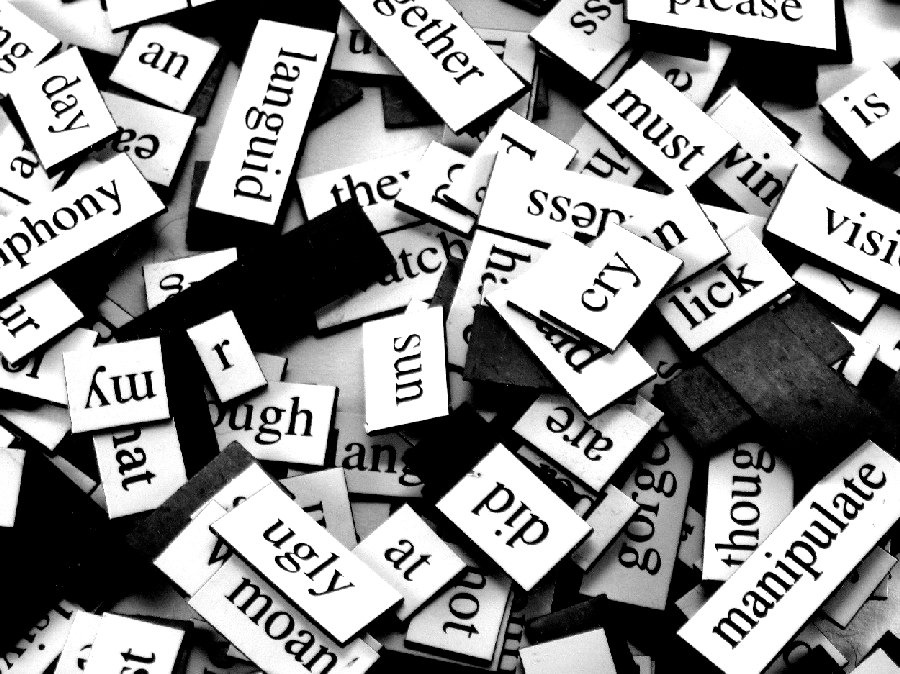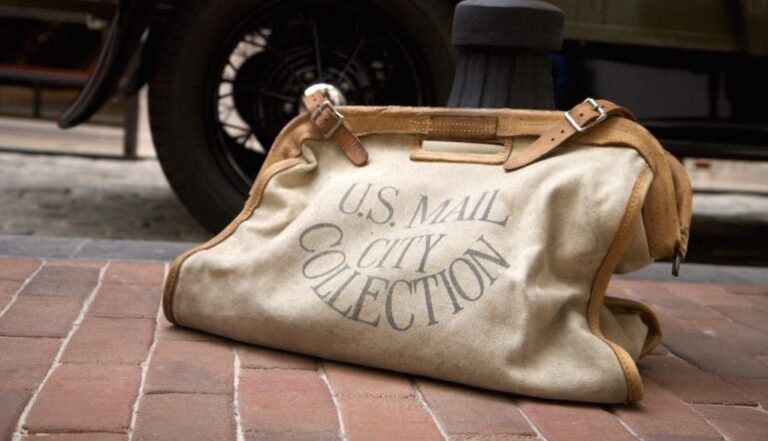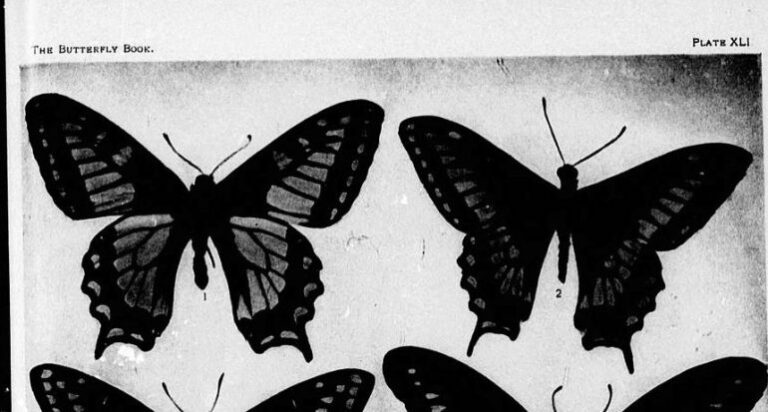A White Man Used An Asian Woman’s Name To Publish A Poem. Does That Change The Poem? Yes: A Brown Man Explains

By now you’ve probably read about the 2015 Best American Poetry scandal. For the uninitiated, the story goes like this: the anthology comes out with a contributor note by the editor, Sherman Alexie, which states that one of the poets included in the anthology, Yi-Fen Chou, is actually the pseudonym for a white man named Michael Derrick Hudson. Alexie then goes on, in the contributor note, to express frustration, rage, and then finally acceptance of the fact that he’d been duped by Hudson, who admittedly used the pseudonym, “Yi-Fen Chou,” to increase the likelihood that his poem might be accepted for publication.
As the story unfolded, the details got stranger by the day. Hudson’s pen name, Yi-Fen Chou, is actually the name of a very real person that Hudson knew in real life. Stranger still are some of the reactions to the controversy, many of which seem to celebrate Hudson’s actions as an event which evidences bias in contemporary publishing. Which begs the question that’s been asked over and over again by Hudson’s defenders: If the poem is good, it’s good. Does it matter that it’s written by a white man?
I’m a brown man. I also teach college English. So, let me answer that question: Yes. Yes, it does matter. Let me explain why.
Nothing is written in a vacuum. No poem, no short story, no op-ed, no article. I teach this to every college freshman in the first week of classes every semester. Everything written is the product of the moment in which it’s written and the subjectivity of the person who wrote it. Read that sentence again because you can bet five dollars that’ll be on the quiz. Put simply: there is always more to writing than just the writing on the page.
What would Thomas Pynchon be without post-World War II America? What would John Updike be without the backdrop of the 20th century American middle class? What would Herman Melville be without 19th century global trade?
Probably nowhere, actually. Because while the writing is good, it’s not the only standard through which those writers are judged and placed within the American literary canon. Largely, we have celebrated and continue to celebrate those white, male writers (among others) because their writing is just one lens through which we explore and have historically celebrated the white, male dominated eras in American history. Their works say something about the way they viewed their own world and the lens through which we might view that era. Open almost any anthology of early American literature and notice what’s missing: certain slave narratives or Native American hymns and folklore or Latino and Spanish surveys of scouted lands in the American Southwest. Put simply, that kind of literature has been scrubbed.
Historically speaking, the white, male subjectivity is what we, as a country, have looked for in “the Great American Novel.” The writing has to say something about the era in which the writer was living. While certain works might be big or small in their time, you never really know what the future needs.
Melville’s work was plucked out of relative obscurity in the early 20th century in part to explore early themes of the American psychological condition. Whitman’s work survived, in large part, because of America’s deep need to reckon with the wounds of the American Civil War. American literature, born from a country that itself was born from the progressive, yet racist, ideals of the enlightenment, is largely based on white introspectivity.
Which brings me to my next point: the standard by which we have historically judged anything “great’ and “American” in literature has mostly been, and continues to be, actually a pretty racist standard. “Great” and “American” has historically been code for “white” and “male.” What the future needs is largely influenced and shaped by what the future is given—the great American anthology. Of which there are many, but only one gold standard as far as contemporary poetry goes: The Best American Poetry anthology.
It’s easy to see why Sherman Alexie would give the poet, “Yi-Fen Chou” a second look in compiling the 2015 Best American Poetry Anthology. Including a writer, who Alexie presumed to be a woman of color, was an intentional correction of an American publishing trajectory that has largely and purposefully excluded writers of color.
As Alexie mentioned himself, the very subjectivity of who “Yi-Fen Chou” was shaped the way in which he received the poem. This is not a sin on Alexie’s part, but rather a lens through which he accepted the poem on the terms and information he’d been given. Just the same as we’d read any other work by any other American writer, especially those we celebrate. Context is everything.
It’s no secret that there is active discrimination at all levels of publishing. Like the HBO scandal earlier this year showed us, there are more writers of color than ever before. But where are they? They’re few and far between in literary magazines and bookshelves though those statistics have been dramatically better as of late. Any perceived bias favoring writers of color in the 2015 Best American Poet’s Anthology is really a correction of decades and decades and decades of racial discrimination in writing. And for any writer to try to exploit that correction for his own gain is really just that writer actively denying the racist and misogynist tendencies of publishing, the spoils of which Hudson has mostly likely enjoyed.
So, let me bring it back to the main question: Does it matter who wrote the poem?
Here’s the question I’d ask my students: Do the facts change the way you read the poem now?


